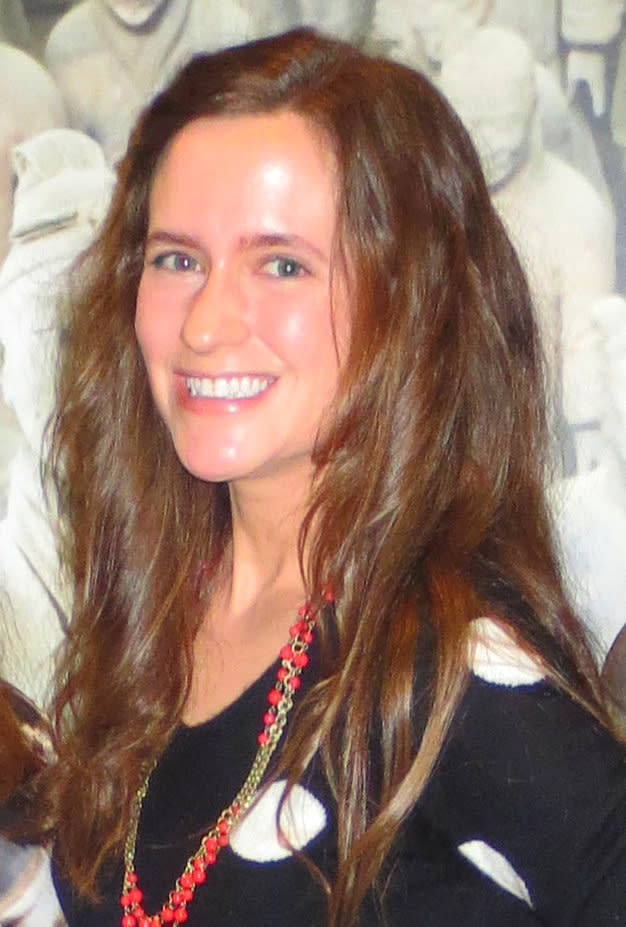South Atlantic Chapter

James Beever III
I am expert in Natural Resources and Climate Change in southwest Florida. I am currently retired. I continue to provide some assistance to volunteer organizations and the media.


William Conner
Dr. William Conner is currently a Professor Emeritus at Clemson University’s Baruch Institute of Coastal Ecology and Forest Science. His research interests include freshwater and saltwater forested wetlands; wetland management; wetland creation and restoration; effects of man and nature on natural environments; dendrochronology; wetlands for wastewater treatment, estuarine/upland connections; changing land-use impacts on natural systems; and historical ecology. He has been involved in forested wetland research for over 50 years and continues to do research throughout the South. William began his education with a B.S. in biology at Virginia Tech (1973); obtained his M.S. in marine science at LSU (1976); completed his Ph.D. in Forestry at LSU (1988). He is an internationally recognized forested wetland scientist known for his ecological work to save and restore wetland forests throughout the South. He served on the Louisiana Governor’s Coastal Wetland Forest Conservation and Use Science Working Group. He has been the major professor for seven Ph.D. students, four M.S. students and served on 23 other student committees. He has authored or edited 2 books, 1 special issue of Wetland Ecology and Management, 14 book chapters, over 100 refereed journal papers, and 79 other scientific papers and reports. He has given over 300 presentations as presenter or co-author at local, national, and international meetings. William was selected as a Fellow in the Society of Wetland Scientists in 2007 and in the Clemson University Institute for Parks in 2012. He won Clemson University’s Highest Agricultural Honor, the Godley-Snell Award for Excellence in Agricultural Research in 2010, the same year he was selected as LSU’s School of Renewable Natural Resources Alumnus of the Year. In 2013, he was presented with the Society of Wetland Scientists President’s Service Award. Clemson’s Natural Resources Graduate Students Association selected him as Teacher of the Year in 2016. In 2020 he was selected to receive the Society of Wetland Scientists 40th Anniversary Award.
Anthony Curtis
Retired Since 2022
Chief of Resources - Bureau of Reclamation - Since 2013
Coastal Ecologist - National Park Service - 2006 - 2013
Senior Regulatory Project Manager - Army Corps of Engineers - 2002 - 2006
Preserve Manager - Swaner Nature Preserve - 2001 - 2002
Regulatory Project Manager - Army Corps of Engineers - 1999 - 2001
Wetland Consultant - Self - 1999
Senior Ecologist and GIS Manager - Glatting Jackson - 1997 - 1999
Ecological Project Manager - The Nature Conservancy - 1996 - 1997
GIS Program Manager (Environmental) - ESRI - 1994 - 1996
Wetland Photogrammetry Manager - Geonex - 1990 - 1994
Officer - US Navy - 1980 - 1990
Angela Dalsis
Angela is an senior environmental scientist/project manager in the Tampa, Florida office with 24 years of consulting experience in environmental planning and permitting for a wide variety of industries including transportation, oil and gas, pipeline, solar, mining, remediation, and commercial development. She has experience leading teams of ecologists and permitting specialists to assist clients with implementing project development goals. Angela’s expertise targets ecological restoration, aquatic resource permitting, regulatory compliance.
Angela has permitting experience with multiple U.S. Army Corps of Engineers Districts, U.S. Fish and Wildlife Service, National Oceanic and Atmospheric Administration, the U.S. Forest Service, and state agencies in FL, CA, LA, TN, KY, AL, MS, WV, and GA. Her permitting and consultation experience includes Sections 401, 402, and 404 of the Clean Water Act, Section 408 and 10 of the Rivers and Harbors Act, Section 7 of the Endangered Species Act, Section 106 of the National Historic Preservation Act, United States Coast Guard Permitting, Migratory Bird Treaty Act, the National Environmental Policy Act, Florida Environmental Resource Permitting, and Hillsborough County Environmental Protection Commission.


Michael Duever
Mike Duever received his B.S. in Zoology from the University of Illinois and his M.S. in Zoology and Ph.D. in Forest Resources from the University of Georgia. His professional interests since graduating have focused largely on wetland ecology and natural area restoration and management. He worked for the National Audubon Society for 20 years, when he was based at Corkscrew Swamp Sanctuary. During these years he spent much of his time working at numerous sites in South Florida. However, he also conducted long term ecological studies on the Okefenokee Swamp, coastal Louisiana marshes, a hurricane-impacted floodplain forest in South Carolina, and the Platte River in Nebraska and Wyoming, as well as on numerous other smaller projects around the country. From 1994 to 2000, Mike worked for the Nature Conservancy on the Disney Wilderness Preserve, a large wetland mitigation project in central Florida. He was primarily involved in wetland and pasture restoration on the site, and was responsible for the restoration monitoring effort. For 11 years he was a senior environmental scientist with the South Florida Water Management District in southwest Florida where he represented southwest Florida in the District’s and Corps of Engineer’s efforts to restore the Greater Everglades ecosystem. During this period, he was the ecological lead for the District on the Picayune Strand Restoration Project and the Southwest Florida Comprehensive Watershed Plan. Since leaving the District in 2011, he has opened his own environmental consulting company, Natural Ecosystems, where he has continued to be the ecological lead on the Picayune Project on a contract with the District, and has been conducting research and consulting on numerous environmental projects and issues in South Florida.

Kevin Erwin
Kevin L. Erwin, CSE, PWS, (239) 707-9540, klerwin@environment.com
Kevin Erwin is an ecosystem ecologist specializing in large-scale ecological restoration, biodiversity conservation, and watershed evaluation to improve the functional capacity of watersheds, improve livelihoods, and mitigate the impacts of climate change. Since 1974, he has evaluated, designed, managed, constructed, and monitored numerous ecological, wetland restoration, water management and biodiversity projects around the world for local, state, and national governments, industry and NGOs. His early work focused on developing the science and practice of wetland restoration and ecological engineering. He has served as the president and principal ecologist at Kevin L. Erwin Consulting Ecologist, Inc. since 1980, and serves on the Graduate Faculty, College of Arts and Sciences, at Florida Gulf Coast University (FGCU).
Locally, Kevin has led project teams for several mega-watershed projects including Density Reduction-Groundwater Resource (DRGR) studies for Lee County and Bonita Springs; the Lehigh Headwaters Project; the evaluation of phosphate mining and reclamation impacts on the Peace River watershed; design and permitting of FGCU, and the restoration of Little Pine Island for the State of Florida. He is currently leading a research initiative in the last remaining oligotrophic wetlands of the historical Everglades.
A few of Kevin’s outreach activities include; Director, Florida Audubon Society; Member, Southwest Florida Regional Planning Council; Advisor, Office of Technical Assistance, U.S. Congress; Director, Association of State Wetland Managers; Member, Florida Environmental Regulatory Commission, Wetland Mitigation Banking Task Force; Member, U.S. Congressional Task Force on Wetland Mitigation; Board of Members, Wetlands International (WI); Chair, Wetland Restoration Specialist Group, WI; Member, National Research Council, Transportation and Natural Resources Committee; Director, WI; Trustee and Senior Advisor, Southwest Florida Community Foundation (Collaboratory); Member and Wetland Restoration Lead, Ramsar Convention on Wetlands, Science and Technical Review Panel; Expert, American Carbon Registry, and Master of Ecological Restoration, Peoples Republic of China.
Kevin has been a Certified Senior Ecologist under the Ecological Society of America’s Professional Certification Program since 1985 where he also served as Chair of the Board of Professional Certification. He has been certified by the Society of Wetland Scientists as a Professional Wetland Scientist since 1984.
In early 2019 FGCU honored Kevin by creating the Erwin Environmental Ecology Collection. His papers will serve as the foundation for this environmental research collection at FGCU Library’s Archives and Special Collections.
Kevin is a fourth generation Florida native, growing up on the fringes of the Everglades in Dade County. He and his wife Andrea came to southwest Florida in 1974. They reside in Bokeelia and are proud to be Pine Islander’s.

David Hall
Lance Hart
Retired. Formally worked for the St. Johns River Water Management District (Florida).
Tamara Heartsill Scalley Ph.D.



Tim Hull
Tim Hull is an Environmental Programs Administrator at the Orange County Environmental Protection Division (EPD) where he oversees the Environmental Permitting and Compliance and Development Review Programs. Tim has worked in Florida’s environmental industry for over 17 years in both the private and public sectors. During his work in private consulting, Tim provided a range of natural resources permitting and compliance assistance to clients in markets throughout Florida. For the last decade, Tim has served at the Orange County EPD by providing leadership in several disciplines, including natural resources permitting, development review, lake management, and water sciences. Tim is a Professional Wetland Scientist and a member of the Society of Wetland Scientists and the Florida Association of Environmental Soil Scientists.
Dakota Hunter
Peter Johnson
Mr. Johnson is a Biologist/Ecologist in the environmental consulting field with 20+ years experience in regulatory permitting, wetland delineation, wetland & upland habitat restoration, wildlife and plant surveys. He is currently working at LG2 Environmental Solutions as a Project Manager and Senior Biologist on natural resource management projects for public and private sector clients.
Elizabeth Kelly
Elizabeth Kelly, Ph.D., is a water quality scientist specializing in environmental microbiology of recreational water, and urban ecology and restoration. Dr. Kelly’s research focuses on water quality in freshwater, coastal, and estuarine environments, specifically involving the study of fecal indicator bacteria (FIB), cyanobacteria (blue-green algae), and nutrients. Her publications include studies on Lake Okeechobee, the St. Lucie Estuary, and the Loxahatchee River; an analysis of the effects on water quality in the Florida Keys before, during, and after a major septic to sewer conversion project; and a study of the impact of beach management strategies on water quality.
A graduate of the University of Miami, Dr. Kelly has led long-term monitoring projects, and has conducted laboratory analysis on FIB, cyanobacteria, chlorophyll a/pheophytin, and sand and sediment. Through internships with NOAA and USGS, Dr. Kelly has collaborated on studies of molecular source tracking, which is designed to indicate the sources of FIB pollution; and on studies of the hydrological flow of water through the Everglades.
Dr. Kelly has also collaborated with the Florida Coastal Everglades Long-Term Ecosystem Restoration (FCE-LTER) program at Florida International University; managed municipal contracts for water quality monitoring, spoken at commissioners’ meetings; worked in community outreach/education; and made recommendations for public policy on best management practices, improved water quality monitoring, and the development of better water quality standards.
Kenyon Larsen
Kristen Laursen

Alexander Mathes
Mr. Mathes has over 22 years as a natural resource biologist with extensive experience with wetland and stream delineations for federal regulatory permits for a wide range of Clients. Delineations have been conducted in accordance with U.S. Army Corps of Engineers (USACE) 1987 Wetland Delineation Manual methodologies and include project-specific use of the Eastern Mountains and Piedmont, Atlantic & Gulf Coast Plains, Arid West, Western Mountains, Valleys, and Coast, Midwest, Great Plains, and Northcentral and Northeast Regions Regional Supplements.
Mr. Mathes has performed wetland classification and functional assessments using Cowardin’s Classification of Wetlands and Deepwater Habitats of the United States, Rosgen’s Level I Stream Classification, Strahler's stream order, Brinson’s Hydrogeomorphic (HGM) Approach, Ohio/Texas/Michigan Rapid Assessment Method for Wetlands (RAM). Furthermore, Mr. Mathes has conducted quantitative stream assessments using the Qualitative Habitat Evaluation Index (QHEI), the Headwater Habitat Evaluation Index (HHEI), and the North Carolina Division of Water Quality “Methodology for Identification of Intermittent and Perennial Streams and Their Origins”.
Additional project experience includes authoring Environmental Assessments (EA) and Environmental Impact Statements (EIS), Federal Emergency Management Administration (FEMA) flood risk/hazard assessments using HEC-RAS modeling, and developing and implementing compensatory mitigation plans and invasive species monitoring and control programs. Permitting experience includes: Sections 401 and 404 of the Clean Water Act; Section 10 of the Rivers and Harbors Act; National Pollutant Discharge Elimination System (NPDES); Sections 7 and 10a of the Endangered Species Act (ESA).
In addition, Mr. Mathes serves as resource and technical lead conducting Geographical Information System (GIS) desktop studies for T&E species habitat suitability assessments and application of remote sensing technologies for the identification of potential ecological sensitive receptors along inland and coastal habitats. Geospatial technical expertise includes ecosystem GPS data collection and GIS mapping using ESRI’s ArcGIS ArcMap v10x, geoprocessing tools, 3D/Spatial Analyst extensions (DEM and LIDAR processing). GPS hardware proficiency includes Trimble GeoExplorer and R1 receivers and highly skilled using Trimble’s Pathfinder Office, and ESRI’s Collector/Field Maps and Survey 123 mobile applications.


Thomas Mings
bus person, orange juice factory dude, ceramic factory dude, bartender, HS football coach, teaching assistant, campus security, waiter, bartender, JC football coach, carpenter, forestry tech (USFS, ID), range tech (USFS, OR), reclamation tech (BLM, CO), animal control officer (CO), wildlife tech (BLM,CO), range research associate (A&M), range research specialist (NDSU), staff ecologist (KCMO, wetland specialist/wetland coordinator (MoDOT), senior wetland specialist (BWSR, MN), ecologist (Corps- St. Paul), Biologist (Corps, Jacksonville). What's next...

Laura Odley
Charles Olaya-Nieto
Mi nombre es Charles W. Olaya-Nieto. Nacido en Santa Marta, Colombia, en donde estudié y me gradué como Ingeniero pesquero en la Universidad del Magdalena en 1986. Luego realicé estudios de Maestría en Ciencias en la Universidad de Puerto Rico, Recinto de Mayagüez en donde me gradué en el año 2001. Con experiencia docente de 30 años, desde 1997 estoy adscrito al Departamento de Ciencias Acuícolas, Facultad de Medicina Veterinaria y Zootecnia de la Universidad de Córdoba, en donde soy profesor Titular.
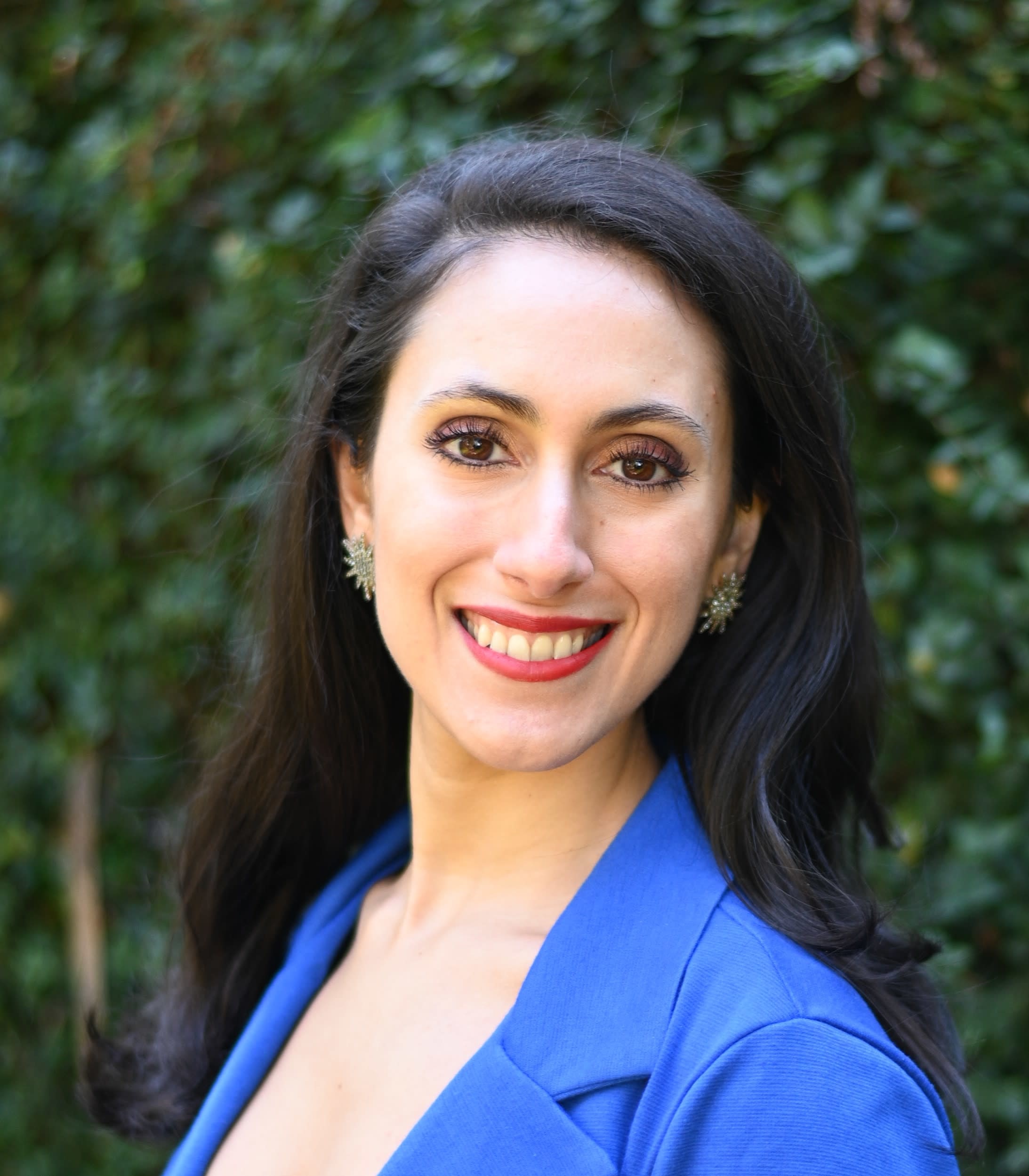
Christina Omran
LinkedIn Resume: https://www.linkedin.com/in/christina-omran-pws-fccm/
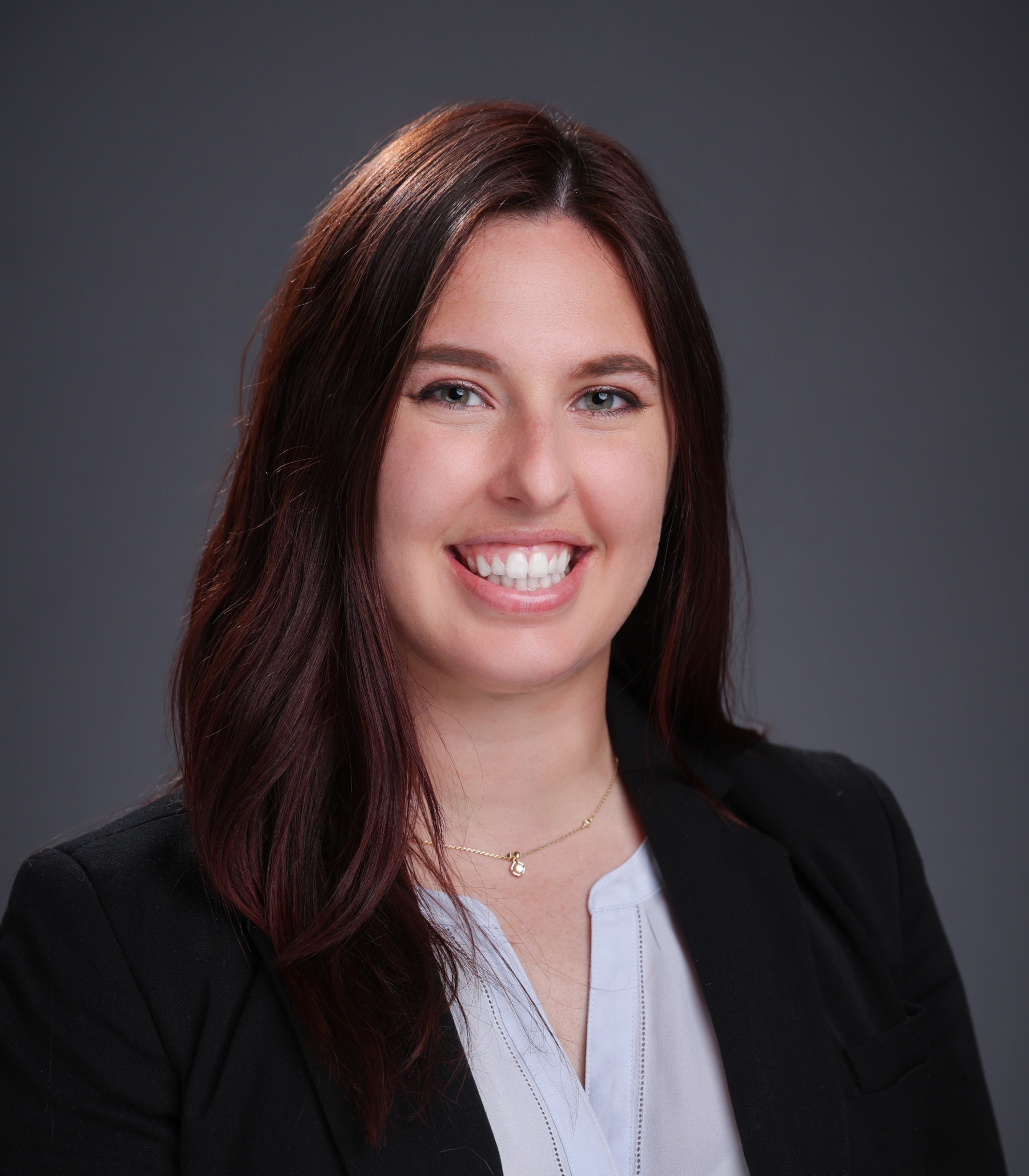
Christopher Pettengill
Kimberli Ponzio
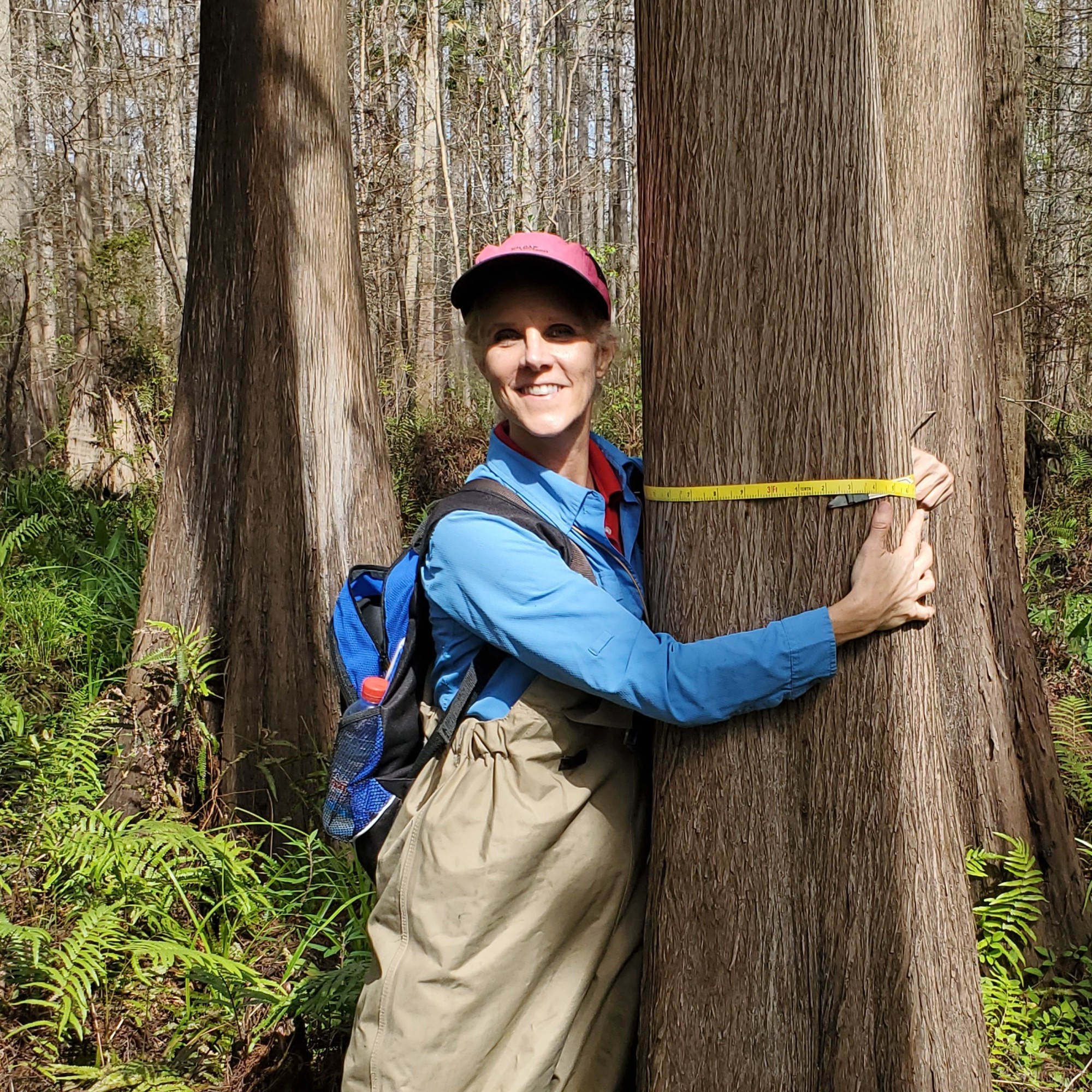 Kimberli Ponzio has over 36 years of experience working in Florida wetlands as an Environmental Scientist for two water management districts in the state of Florida, USA. Kim has been certified as a Professional Wetland Scientist for 25+ years, finding it important to ensure stakeholders from public, academic, and consultancy sectors that she has the education, work history, and skill-set necessary to deliver professional wetland services, and that she is committed to upholding a high standard of ethical behavior. Kim has been involved in leadership with the Society of Wetland Scientists since 2007, was SWS President in 2015, President of the SWS Professional Certification Program (SWSPCP) in 2020, and currently serves as Co-Chair of the SWSPCP Diversity, Equity, and Inclusion Committee. Kim is actively involved in helping to globalize the SWSPCP by making the Program accessible to qualified individuals, regardless of geography or financial standing. Kim’s approach has always been one of a collaborative spirit, which she believes is one of the most powerful mechanisms to further the cause of conserving, restoring, and protecting wetlands.
Kimberli Ponzio has over 36 years of experience working in Florida wetlands as an Environmental Scientist for two water management districts in the state of Florida, USA. Kim has been certified as a Professional Wetland Scientist for 25+ years, finding it important to ensure stakeholders from public, academic, and consultancy sectors that she has the education, work history, and skill-set necessary to deliver professional wetland services, and that she is committed to upholding a high standard of ethical behavior. Kim has been involved in leadership with the Society of Wetland Scientists since 2007, was SWS President in 2015, President of the SWS Professional Certification Program (SWSPCP) in 2020, and currently serves as Co-Chair of the SWSPCP Diversity, Equity, and Inclusion Committee. Kim is actively involved in helping to globalize the SWSPCP by making the Program accessible to qualified individuals, regardless of geography or financial standing. Kim’s approach has always been one of a collaborative spirit, which she believes is one of the most powerful mechanisms to further the cause of conserving, restoring, and protecting wetlands.
Joseph Prenger
Joe was a research scientist at the Center for Wetlands and Wetland Biogeochemistry Labs at the University of Florida for more than ten years. He subsequently administered the private lands conservation program for the Florida Fish and Wildlife Conservation Commission until becoming the state coordinator for the USFWS Partners for Fish and Wildlife program for Florida in 2017. His work with private landowners included coordinating with NRCS WRP, ACEP, and RCPP programs on wetlands restoration projects before becoming the CEAP Wetlands Component Lead in April 2020.
Mark Rains
Mark Rains is an ecohydrologist with a B.A. in Ecology, Behavior, and Evolution, an M.S. in Forestry, and a Ph.D. in Hydrologic Sciences. He is a Professor of Geology at the University of South Florida and Chief Science Officer for the State of Florida. His research is focused on hydrological connectivity from ridges-to-reefs; the roles that hydrological processes play in governing ecosystem structure and function; and the roles that science plays in informing water-related law, policy, and decision-making. As the Chief Science Officer, he is charged with ensuring that science underlies sound environmental policy and protection, including working with stakeholders to build a shared knowledge informed by common values and then focusing that knowledge on the most pressing statewide environmental needs. Though charged with a broad portfolio, he is primarily focused on protecting and restoring water quality, enhancing flood resilience, and developing the data and analytics strategy necessary to support these and other statewide environmental needs. He has been the recipient of numerous distinctions, including receiving three Scientific and Technological Achievement Awards from the U.S. Environmental Protection Agency and being elected a Fellow in the Society of Wetland Scientists.

Curtis Richardson
Dr. Curtis J. Richardson is the John O. Blackburn Distinguished Professor of Resource Ecology and Founding Director of the Duke University Wetland Center in the Nicholas School of the Environment where he has taught wetland ecology, biogeochemistry and ecosystem restoration for the past 40 years. His research for the past two decades has focused on wetland phosphorus cycling in the Everglades and carbon sequestration, GHG and climate change and restoration of Pocosin peatlands in coastal North Carolina. In 2003-2005 he worked in Iraq on water quality and marsh restoration projects for the U.S government. In addition, he has been a scientific advisor to the USAID-sponsored project to restore the marshlands in southern Iraq. He has been listed in Who’s Who in Science annually since 1989 and was elected President of the International Society of Wetland Scientists in 1987-88. He has authored over > 200 Publications and several books, including “The Everglades Experiments: Lessons for Restoration” by Springer-Verlag. In 2006, he received the National Wetlands Science Award from the Environmental Law Institute. He has served as a scientific advisor to EPA, USAID, USDA, and USACE. He is a Fellow of AAAS, SWS and SSSA. He was awarded an honorary Doctorate of Science in 2018 by the University of Waterloo in Canada.
Travis Richardson
Travis Richardson is a Certified Professional Soil Scientist (CPSS) and holds a MS in Soil and Water Science from the University of Florida. In February of 2017 Richardson started his own consulting firm T. Richardson Soils and Environmental. He focuses on soil evaluations for onsite sewage and treatment systems, wetland delineation, site feasibility studies, environmental permitting, providing soil and wetland training, and expert testimony.

Michael Rolband
Department of Environmental Quality
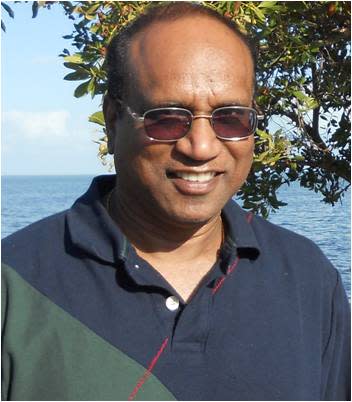
Jay Sah
Dr. Sah is a Research Professor, and his research focuses on ecosystem processes and their management implications in the seasonal wetlands in Everglades, coastal wetlands of the Southeast Saline Everglades, and the tropical and sub-tropical upland forests of the Miami Rock Ridge and adjacent islands in South Florida.
Dr. Sah’s expertise is in studying vegetation-environment relationships and effects of natural and anthropogenic disturbances on pattern and processes in various types of plant communities, including upland forests and floodplains, wet prairies, marshes and other seasonal wetlands.
His research approach includes the use of both univariate and multivariate statistical tools to analyze and interpret relationships among vegetation and environmental variables in large data sets, spatial integration of the analytical results via extensive GIS databases, and system dynamics modeling. He is also involved in inter-disciplinary research on socio-economic issues, conservation, and natural resource management in Nepal.

Jeremy Schewe
I am an ecopreneur meshing ecological management with tech. From combining Earth sciences and tech, raising capital and running successful businesses, to protecting thousands of acres of untouched wilderness, I live life to its fullest. As an entrepreneur, Professional Wetland Scientist (PWS), professional ecologist, botanist, environmental consultant, and executive at a tech startup, I have over 21 years of project management experience in the Americas, South Pacific, Middle East, and Europe for conservation and regulatory natural resource projects.
I work in the interchange between people and sensitive habitats via wetlands delineations, T&E surveys, biological inventories, botanical inventories, EIS, AIA for PSD applications, 404/401 permits, and more. I spend all of my free time in the wilderness, playing soccer, climbing, and pursuing the Celtic Twilight.
Joseph Schubauer-Berigan Ph.D.
Matthew Schweisberg
Matt is a retired federal wetlands ecologist and wildlife biologist. He is the Principal at his firm, Wetland Strategies and Solutions, LLC (WSS), where he provides policy, regulatory and technical advice and assistance for clients seeking to navigate a wide range of regulatory and non-regulatory issues related to wetlands and other aquatic resources. He works throughout the U.S.
He spent nearly 33 years with the U.S. Environmental Protection Agency at both its Headquarters office and New England Region office in Boston, Massachusetts. Prior to retiring from federal service, he served concurrently as Chief of the New England Region’s Wetlands Protection Program, as Senior Mediator with the Region’s Alternative Dispute Resolution Program, and as the Agency’s representative on the International Joint Commission’s International St. Croix River Watershed Board. During his entire tenure with the New England Region, Matt also served as the Region's Senior Wetlands Ecologist.
He is a nationally recognized expert in the federal Clean Water Act’s Section 404 Program. Matt served on national work groups developing federal guidance and regulations on Clean Water Act jurisdiction, and agriculture and enforcement issues. He also testified before federal grand juries and served several times as an expert witness on wetland regulatory and technical matters at both federal and state levels.
Matt has extensive experience with coastal and inland wetlands and other aquatic resource issues for major projects involving transportation, energy, agriculture, commercial and port development, and hazardous waste cleanup. He has taught courses in wetland regulation, restoration, wetland ecology, and wetland identification and delineation for EPA, the Army Corps of Engineers, the New England states, Northeastern University, and many other organizations.
Martin Seeling


Marcus Sizemore

Douglas Skurski
Douglas A. Skurski, MS, SPWS, is ESA's Southeast Regional Director in Orlando, FL. Mr. Skurski has served as an environmental project manager on numerous projects for the Florida Department of Transportation, habitat conservation and water agencies, and local municipalities throughout the Southeast.
Doug has more than 24 years of experience in wetland assessments, federal, state, and local permitting, protected species studies, GIS mapping and analyses, NEPA, habitat evaluation, and environmental impact mitigation. He is knowledgeable in developing effective resolutions to conflicts between natural resources and project development, and has a thorough understanding of Florida's ecology.
He holds a Bachelor of Science in zoology from Washington State University, as well as a Master of Science in biology from University of Central Florida.
Please feel free to contact Doug at 407-403-6308 or dskurski@esassoc.com.



Matthew Thomas
I am a Senior Environmental Scientist with over 23 years of experience in environmental consulting with specialties that include technical field team lead, project management, client interaction, technical writing and editing, and document production. My project history includes multiple federal, state, municipal, and private business clientele with projects throughout Virginia, North Carolina, South Carolina, Georgia, Alabama and the United States Virgin Islands. I have assisted and overseen multiple large-scale Section 404/401 jurisdictional area delineations for potential reservoirs, linear transportation projects, mitigation banks, and energy plants. Areas of additional field expertise include buffer determination and verification; protected species surveys; tree surveys; stream and wetland mitigation monitoring; plant community identification; and use of technical equipment such as a GPS, total station, laser level, and hydrolab. I have worked individually on nationwide permits for coastal road projects or on a team for large-scale individual permits for industrial plants. Environmental document production includes various environmental permits, mitigation banking documents, categorical exclusions, environmental assessments, and environmental impact statements.

Warren Wagner III
Environmental Specialist with Georgia Power Company supporting wetland and environmental permitting needs for the utility construction and maintenance requirements of the company.
Jessie Wheeler
Professional Wetland Scientist, Certified Benthic Macroinvertebrate Taxonomist, Qualified Airport Wildlife Biologist

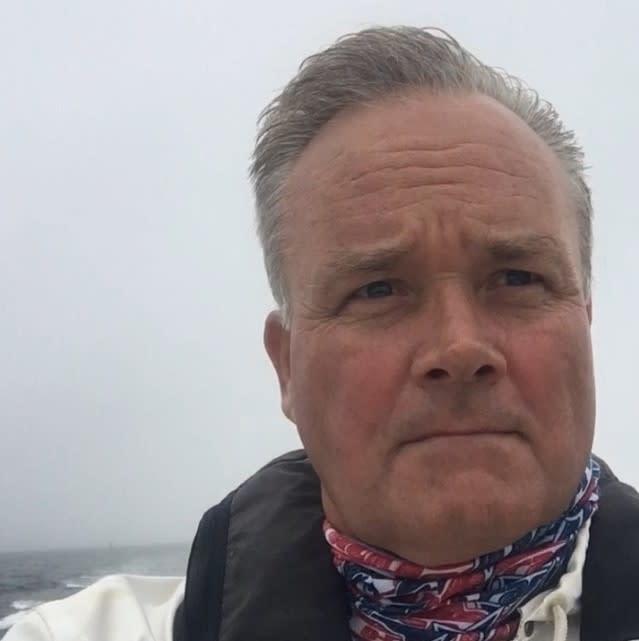

Robert Wright
38 Years of Natural Resources Experience; Mid-Atlantic; VA,MD, NC; Floristics Expert
